Written in the form of an open letter
Justin,
Writers are the worst judges of their work. What they love, others might hate. What triggers indifference in them might incite fervent admiration from readers. Sometimes it’s easier to thrust a work into the wild and see what happens. And sometimes it’s devastating to put so much work into a novel to see few sales, reviews, and little hype.
Such is the publishing business, especially in the digital age. 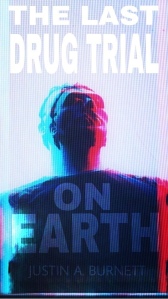
But here’s the thing: (more…)
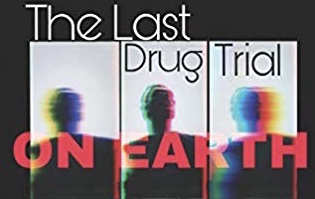

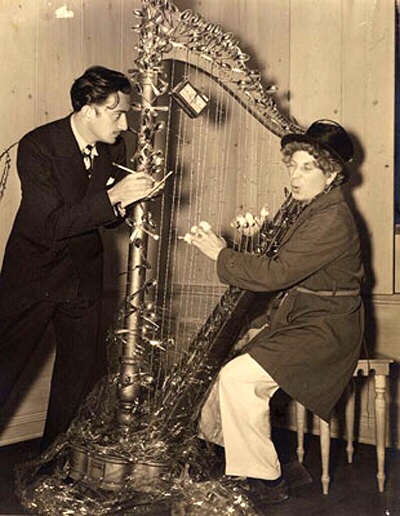
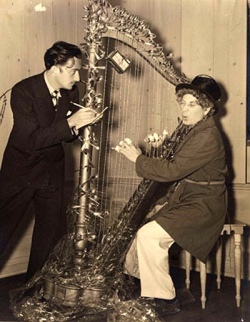 Since their inception as on-screen personas, the Marx Brothers appealed to surrealists. Antonin Artaud
Since their inception as on-screen personas, the Marx Brothers appealed to surrealists. Antonin Artaud 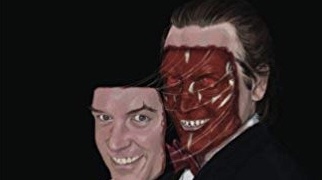
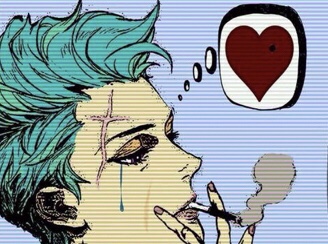
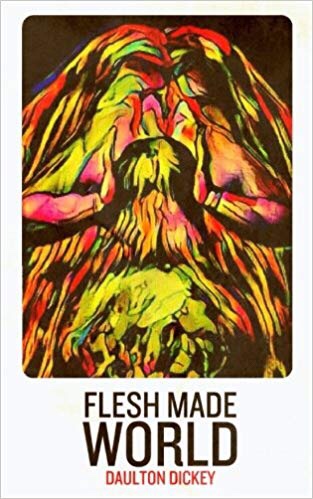
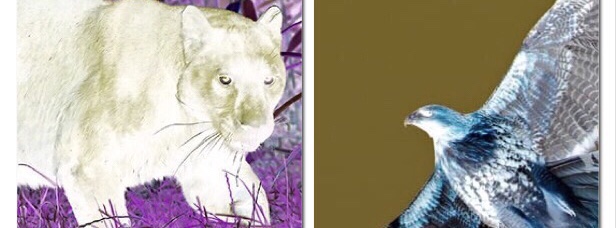
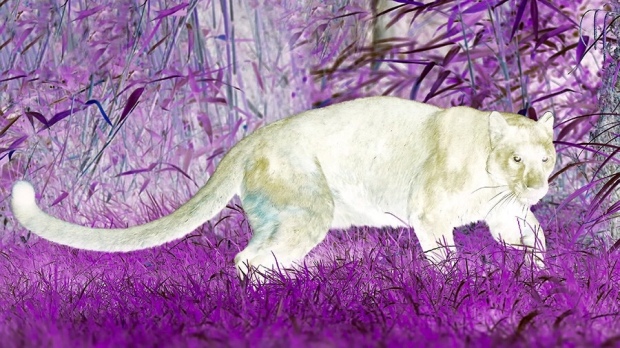

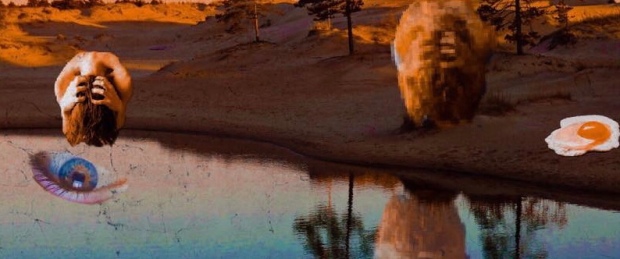
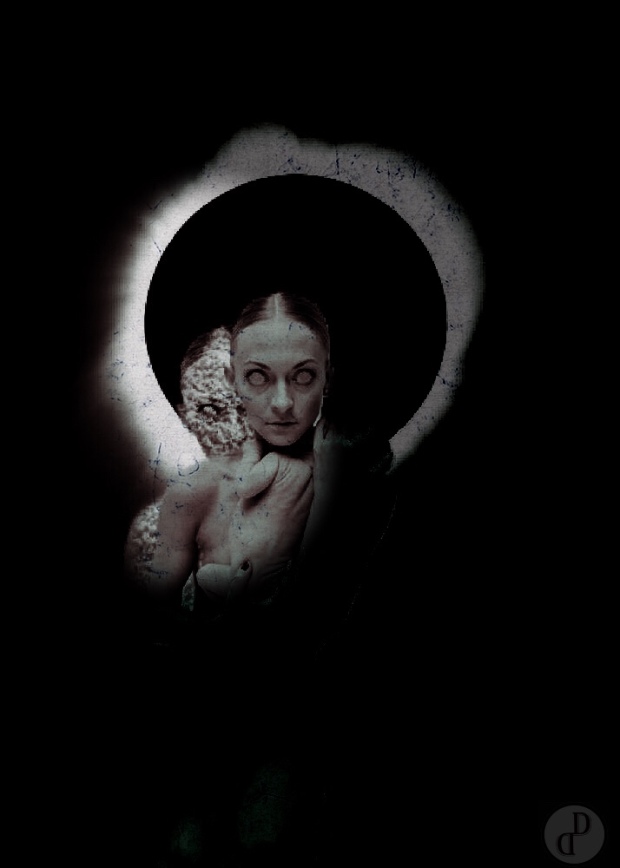

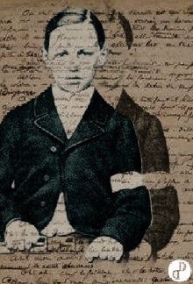 An intelligent child, he turned his attention to poetry, trying to inhabit it, to re-create the world. He seemingly wanted to reify a form of art in the shape of a person, who could, in turn, reproduce the experience of his inhabitation in the form of poetry.
An intelligent child, he turned his attention to poetry, trying to inhabit it, to re-create the world. He seemingly wanted to reify a form of art in the shape of a person, who could, in turn, reproduce the experience of his inhabitation in the form of poetry.